There was a time when Australians prided themselves on their nose for bulls–t and for their willingness to call it out as such. But today the lives of many of us are increasingly shaped by an unquestioning acceptance of a number of counter-intuitive assertions, and by a willingness to ignore the evidence which contradicts those assertions for fear of being called names. Right now, the most prominent of those assertions is one which, while having undeniable origins in our national past, we’d have dismissed as ancient history only five years ago, but which was subsequently given fresh currency by an event which occurred in another country, namely the extra-judicial killing of a black man by policemen on the streets of Minneapolis. Within days, the words Black Lives Matter were appearing on the walls of every Western capital. And thanks to a mainstream domestic media which had already given up any pretence of objectivity with its hysterical parroting of government lines on Covid and climate, it wasn’t long before a substantial number of well-intentioned Australians were taking a post-colonial knee as enthusiastically as any of their American, Canadian, French and British counterparts. It mattered not that slavery – the sin which is now blamed for every problem the US will ever have with its African-American communities – was never practised by this country’s white settlers. Or that the country those settlers came from did more than any other to bring about the end of slavery. Half a century after the abandonment of the White Australia policy and the establishment of Aboriginal suffrage, the BLM movement was able to revive and legitimise the view that many if not most of us are still racists. Marcia Langton has been attacked from both sides of the Voice debate for her casual deployment of such terminology, but I fear it is too soon to infer, as Janet Albrechtsen did in last weekend’s Australian, that Professor Langton’s National Press Club comments will be as career limiting as Hillary Clinton’s ‘basket of deplorables’. The fact that using such language is the default tactic of so many of our public figures, and that they can usually do so with political impunity, does not reflect well on the rest of us. It certainly undermines her case when it is refuted by indigenous Australians like Jacinta Price or Warren Mundine, but we shouldn’t rely on them to contradict such a transparently nonsensical assertion.
Neither should we need Gemma Tognini to tell us, as she did in the same issue of the same newspaper, that white-collar Australia is no longer an overwhelmingly male domain where women are at a disadvantage. Even writing that sentence felt like taking a step back to the 1980’s. The truth is that just as Australia’s pre-referendum indigenous population already has a disproportionately loud voice in Canberra, Australian women now outnumber men in many professions. The only heartening aspect of the latest (and one cannot help hoping last) Christopher Dawson trial is that the presiding judge and both prosecuting and defence barristers all happen to be women; a statement which would have been considered a statistical anomaly – or a misprint – when the crimes Dawson was convicted of were committed.
Another assertion which has gone unchallenged for too long, but which got something like a reality check this week, is that koalas are an endangered species. Like many Australians I have long believed our cutest marsupial to be on the verge of extinction, and that if we don’t stop cutting down trees it will soon go the way of the drop bear. Indeed, for quite a few years I wrote advertisements to that effect for the Wilderness Society. But according to Vic Jurskis, who was working for the NSW Forestry Commission while I was writing those advertisements, I had it the wrong way round. Far from depriving koalas of their habitat and food sources, it seems that modern agricultural practices in general and logging in particular are actually boosting koala numbers in large areas of NSW and Victoria, and that whatever organisations like the Wilderness Society would like you to believe, they are no more in danger of extinction than kangaroos. Does this mean, I wonder, that when they reach plague proportions we will be able to restore them to the role they had in pre-colonial Aboriginal society and start eating them, as we have done with kangaroos – a native species which has benefitted even more conspicuously from European settlement. Admittedly, there’s not an awful lot of meat on a koala. But if you threw one in a blender along with a bandicoot, a potoroo and a baby wallaby you might even have the makings of a new national dish: Marsoup.
Got something to add? Join the discussion and comment below.
Get 10 issues for just $10
Subscribe to The Spectator Australia today for the next 10 magazine issues, plus full online access, for just $10.
You might disagree with half of it, but you’ll enjoy reading all of it. Try your first month for free, then just $2 a week for the remainder of your first year.


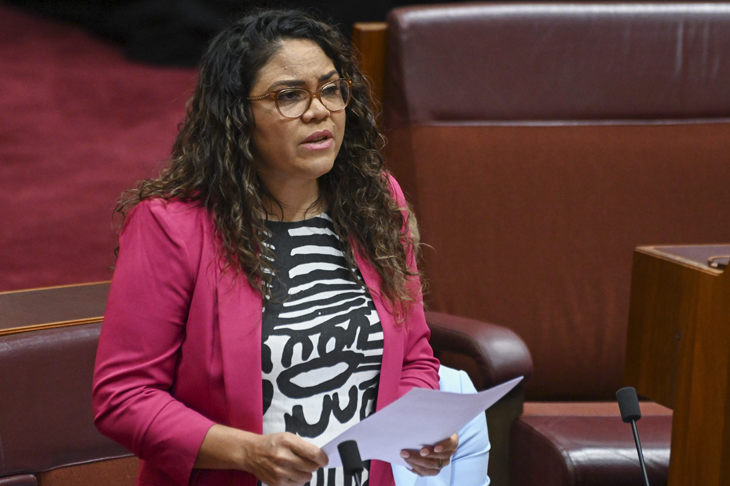

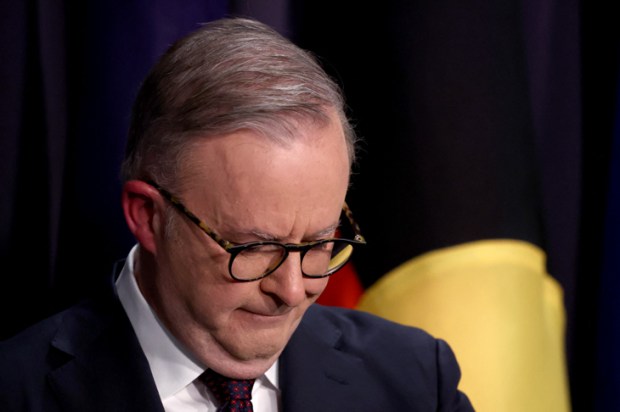
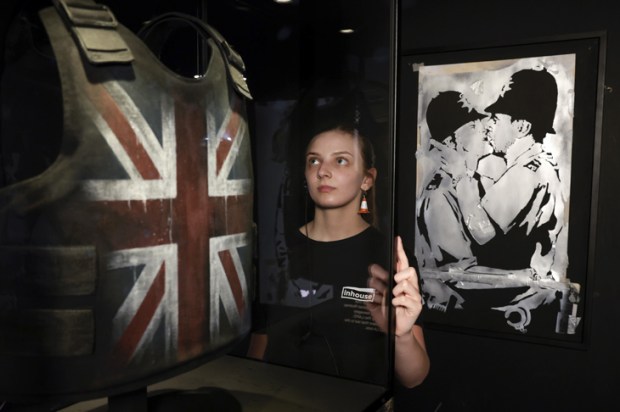
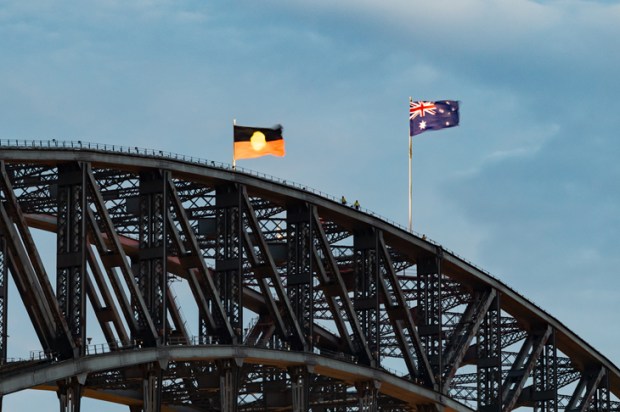

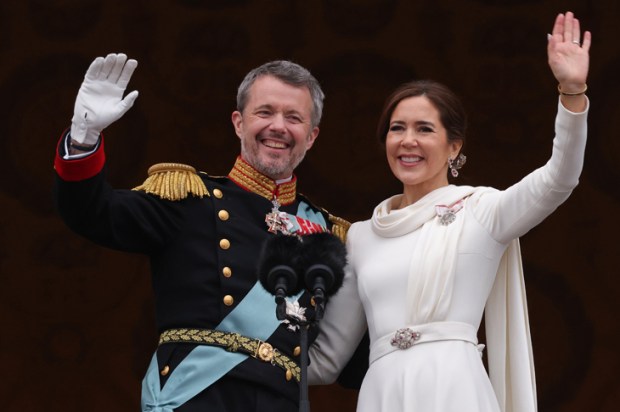






Comments
Don't miss out
Join the conversation with other Spectator Australia readers. Subscribe to leave a comment.
SUBSCRIBEAlready a subscriber? Log in